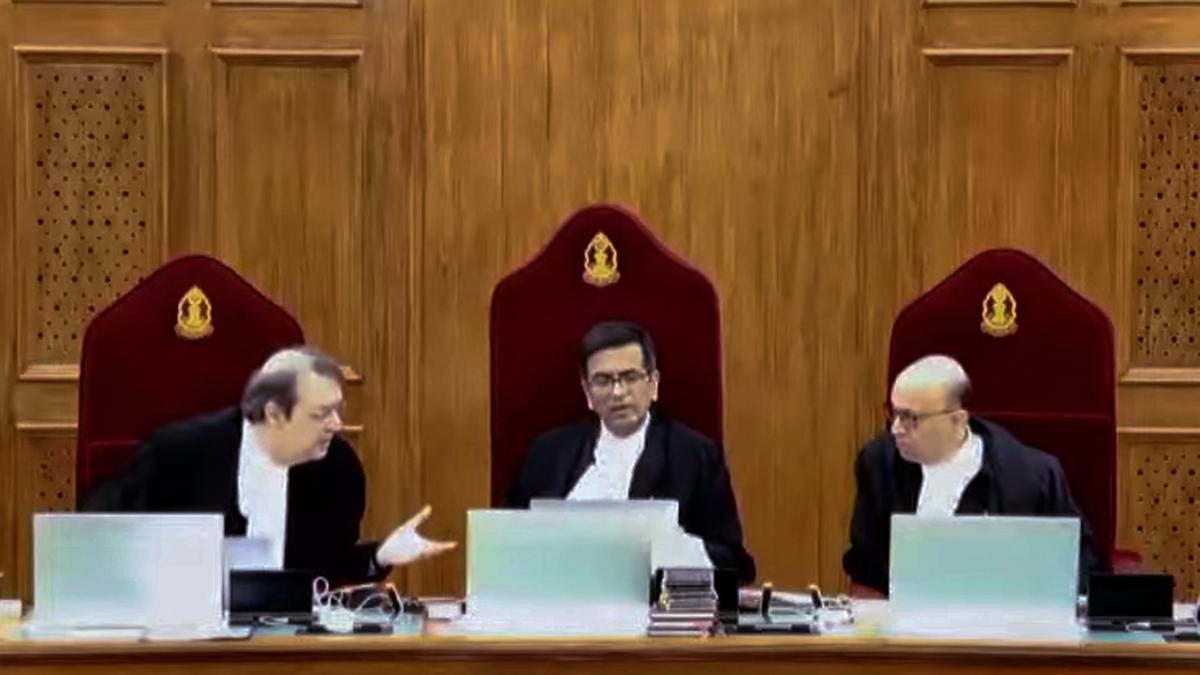 |
|
The ongoing legal battle surrounding the marital rape exception in India took an unexpected turn on October 23, 2024, when Chief Justice of India D.Y. Chandrachud, who is set to retire on November 11, bowed out of the case. The decision came after extensive legal arguments from both sides, with senior advocates Gopal Sankaranarayanan, Rakesh Dwivedi, Indira Jaising, and Solicitor General Tushar Mehta indicating that they would require at least a day each to present their full arguments. The complexity of the issue, its significant social implications, and the extensive legal precedents involved were cited as reasons for the extensive submissions.
Despite the Chief Justice's expectation that the case would be ready for judgment before the Deepavali holidays, the length of the arguments led him to conclude that it would be impossible to reach a conclusion within the foreseeable future. Given his upcoming retirement, he felt it was appropriate to recuse himself from the case, leaving the decision to his successor, Chief Justice Sanjiv Khanna. The case was ultimately adjourned for four weeks, marking an inconclusive end to the hearings on October 23.
The petitions challenging the marital rape exception argue that the current legal framework, which exempts non-consensual sexual intercourse by a husband with his wife from the definition of rape, violates women's fundamental right to bodily integrity, autonomy, and dignity. This argument has been supported by several advocacy groups and legal experts. However, the Centre, through its affidavit, countered this argument by stating that criminalizing non-consensual sexual acts within marriage could have significant negative repercussions on the institution of marriage itself, potentially leading to 'serious disturbances' in conjugal relationships.
This case has been fueled by decisions from the Karnataka and Delhi High Courts, which highlighted the need for a definitive ruling from the Supreme Court. The Karnataka High Court ruled that a husband could be charged with rape if he engaged in non-consensual sexual acts with his wife. The Karnataka government subsequently supported this judgment in an affidavit filed in the apex court. The Delhi High Court, however, delivered a split verdict on the issue. While Justice Rajiv Shakdher struck down the marital rape exception as unconstitutional, Justice C. Hari Shankar maintained that any changes to the law should be made by the legislature, highlighting the complex social, cultural, and legal ramifications of the issue. The Supreme Court's decision on the matter will have profound implications for the legal framework surrounding marital rape in India, setting a precedent that will impact the lives of countless individuals.
